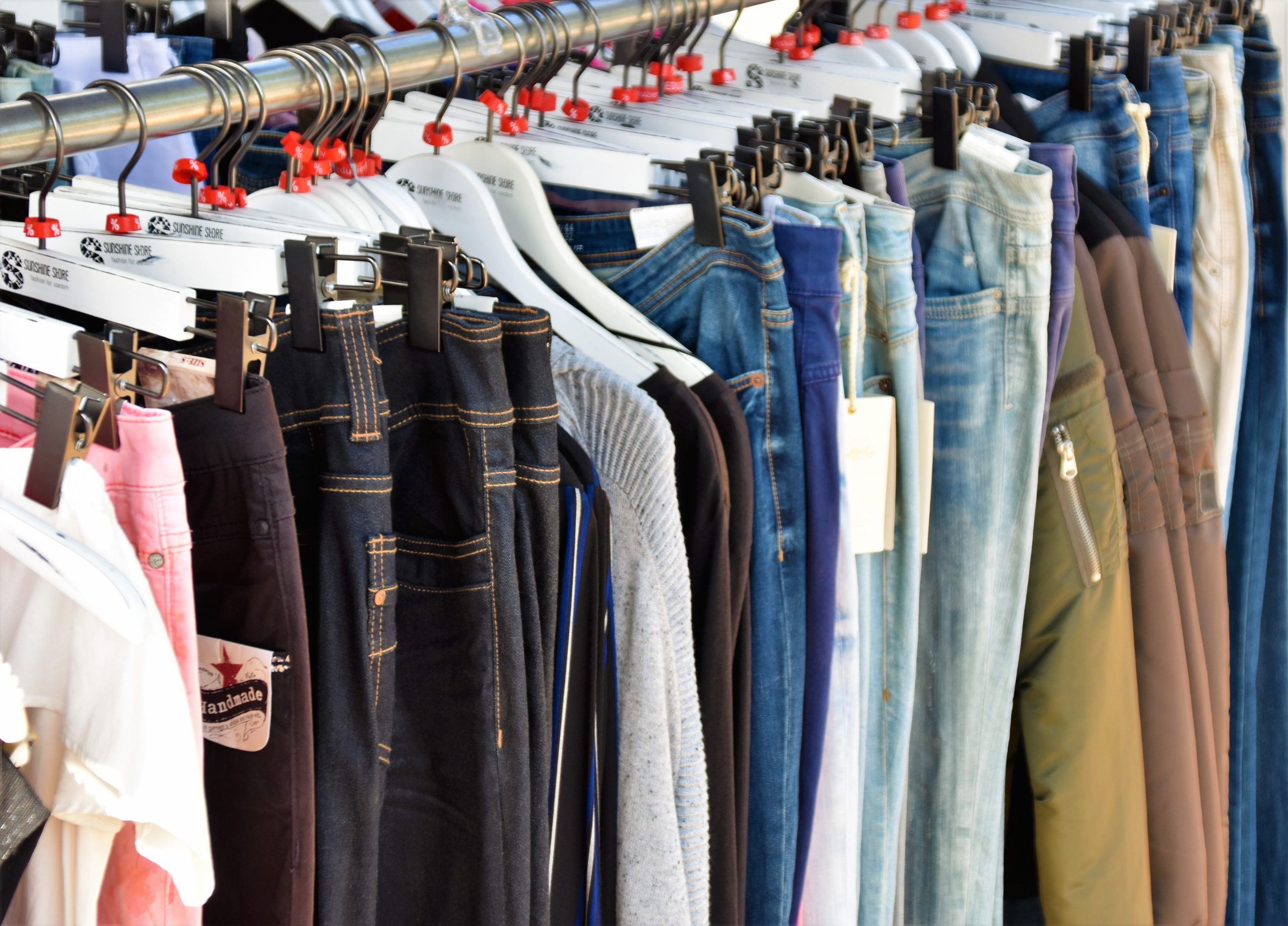The facts are stark. According to the UK charity WRAP (The Waste and Resources Action Programme), 140 million worth of clothing ends up in landfill each year. By 2050, it’s estimated that if nothing changes, the amount of natural resources used in fashion production will triple. We all know that the planet cannot sustain this impact.
Collaboration between retailers, manufacturers and brands has increased, leading to vital policy shifts to encourage recyclability, reduced resource usage and to drive a circular economy; including Fibre to Fibre Initiatives, WRAP 2020 and WRAP 2030 and Make Fashion Circular.
While fast fashion continues to see demand increase; awareness amongst consumers of sustainability and the need for action is also rising. However, many consumers are overestimating the capacity and capability of recycling alone to solve the negative impact of fast fashion.
Recycling isn’t the only answer for creating a sustainable fashion economy
A recent report by the World Economic Forum highlighted how entrenched this over estimating is. As stated in the report, ‘“Across markets, people on average underestimate the most impactful climate actions they can take, and overestimate the least impactful ones’’.
While consumers often believe that recycling clothes is the best way to tackle environmental impacts (and it is an important tool in achieving a circular economy); it’s not the most effective way to reduce carbon emissions at all. 59% of consumers surveyed believed recycling is the best way reduce their carbon footprint, but this actually only ranked 7th out of the nine actions in the report. Ahead were reducing long-distance flights, have one-fewer child, not owning a car and eating a plant based diet.
These are all choices that rely on massive behaviour change from individuals. Recycling is the preferred choice (and its impact overestimated) potentially because it’s easier. There’s no huge impact on a consumer’s life or behaviour compared to the other more effective options to reduce carbon impact, which often come with changing behaviours that can be viewed negatively, or as a sacrifice.
So what is the answer?
It sounds simple, but the most effective choice is difficult for consumers to make– simply buying less. It’s a challenge for consumers to choose this option; the very clever target marketing from fast fashion brands whose business models rely on continual consumption create a constant battle to resist cheap, throwaway garments. Recycling makes consumers feel good too, and this ‘feel good’ factor shouldn’t be overestimated in driving real change.
The issues caused by fast fashion aren’t immediately obvious to consumers, making them much easier to avoid. Buying less is viewed negatively, and brands need to do much more to challenge this assumption.
Extending the useful life of clothes is vital
The incorrect assumptions of consumers regarding the level of impact recycling has makes it even more necessary for brands to clarify their sustainability messaging and actions, as well as changing their messaging around quality. Retailers and brands must be honest with consumers, that extending the useful life of clothing, rather than keeping up purchasing patterns and recycling is the most important way to reduce carbon impact, water and waste. And it’s much more effective than recycling alone.
To wrap up
It’s easy to see why consumers often over estimate the value of recycling in reducing the sustainability concerns surrounding fast fashion. It’s a feel good behaviour, and seems much easier than reducing flights or not owning a car. But it’s not enough. Brands and fashion retailers must be honest about this with consumers; instead promoting the active, lasting life of clothes with corresponding efforts to shift their business models to focus on durability and quality, rather than increased consumption.
Textile Consult is a management and training consultancy operating worldwide. We are currently working with clients to find the best solution for sustainability- by recycling textile products with minimal negative environmental impacts. Contact us today to find out how we can advise your business on sustainability within the textile industry.


